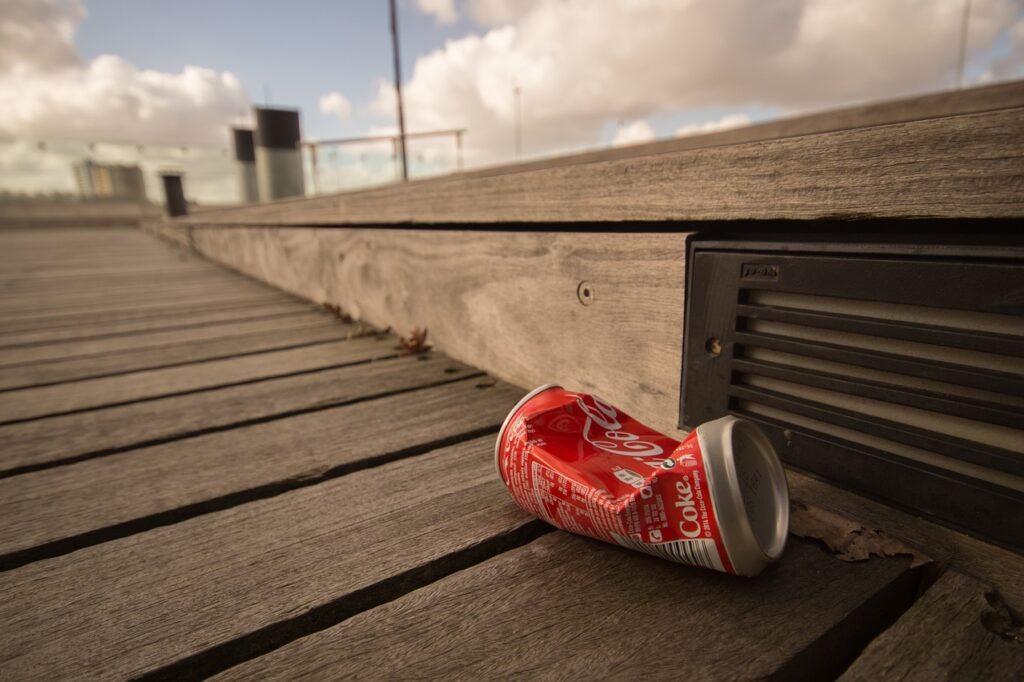“Tree”
by E.D. Kain
I can feel it like some dragging tide
or a slope, the green mood sliding back,
slipping toward that thick black cancer,
that sense of decay. Fallen autumn leaves
on a cold summer day. Beneath
my two feet, the colors seep
down into the wet dirt. The pavement
cracks, weeds pushing it apart.
I can see the future of civilization
there in the dandelions.
My toes are roots and I am
a birch, swaying naked. No wind
today, nothing to bring the clouds
but the clouds came; gray slogs slogging
along across the firmament, a high
highway of sky, pavement. Crows
congregating in the buttresses and pavilions
and dumpsters of the world.
I can see tombstones in the tall grass.
But I am a birch and I cannot cross
the lawn.





I am not seeing a credit. Did you write this? If so I am impressed.Report
Thanks – yeah I just wrote this a few minutes ago actually.Report
Of course the whole poetry writing is just more proof of your belonging to the effete liberal elite. You get that, right?Report
Well naturally!Report
I love it! Absolutely beautiful. This made my Friday a little more bearable 🙂Report
Thanks Trista!Report
You’re a really talented dude, Erik.Report
Thanks, Christopher…very nice of you to say.Report
Not bad at all! A touch of Wallace Stevens in there, I think.Report
Thanks, Maxwell…not sure about Stevens, but the best influences are the sort that creep up unawares.Report
As it relates to modernity, well done. A negatively spiritual celebration of a telos apperceived devoid of eschatological possibilities. The curse of the modern.Report
Robert – thanks – I think – I’m not really savvy to the whole “telos apperceived devoid of eschatological possibilities” but thanks…Report
The poem reveals a sense of hopelessness, of the impossibility of immortality. And, you’re better than that.Report
Bob, here’s where I depart from the heaven-is-real epistemology: death is beautiful and inevitable. The fact that things must come to ends is what gives things meaning: The line “I can see the future of civilization there in the dandelions.” illustrates this; so does the Catholic idea of Lent, so does much of Buddhism. “Hopelessness” and the “impossibility of immortality” are not equal. Knowing that it is my destiny to die and be no more makes me want to leave the world a better place for my children and my children’s children and all the good people they know.Report
” the green mood sliding back,
slipping toward that thick black cancer,
that sense of decay. Fallen autumn leaves
on a cold summer day.”
I dig the internal/near rhymes here. Well done overall.
Slightly different than this style, but you should check out Michael Robbins (http://www.newyorker.com/fiction/poetry/2010/04/12/100412po_poem_robbins and http://www.newyorker.com/fiction/poetry/2009/01/12/090112po_poem_robbins)…He’s one of my favorite contemporary poets, precisely because of the inventive way he uses rhyme.Report
Thanks, I’ll check him out.Report